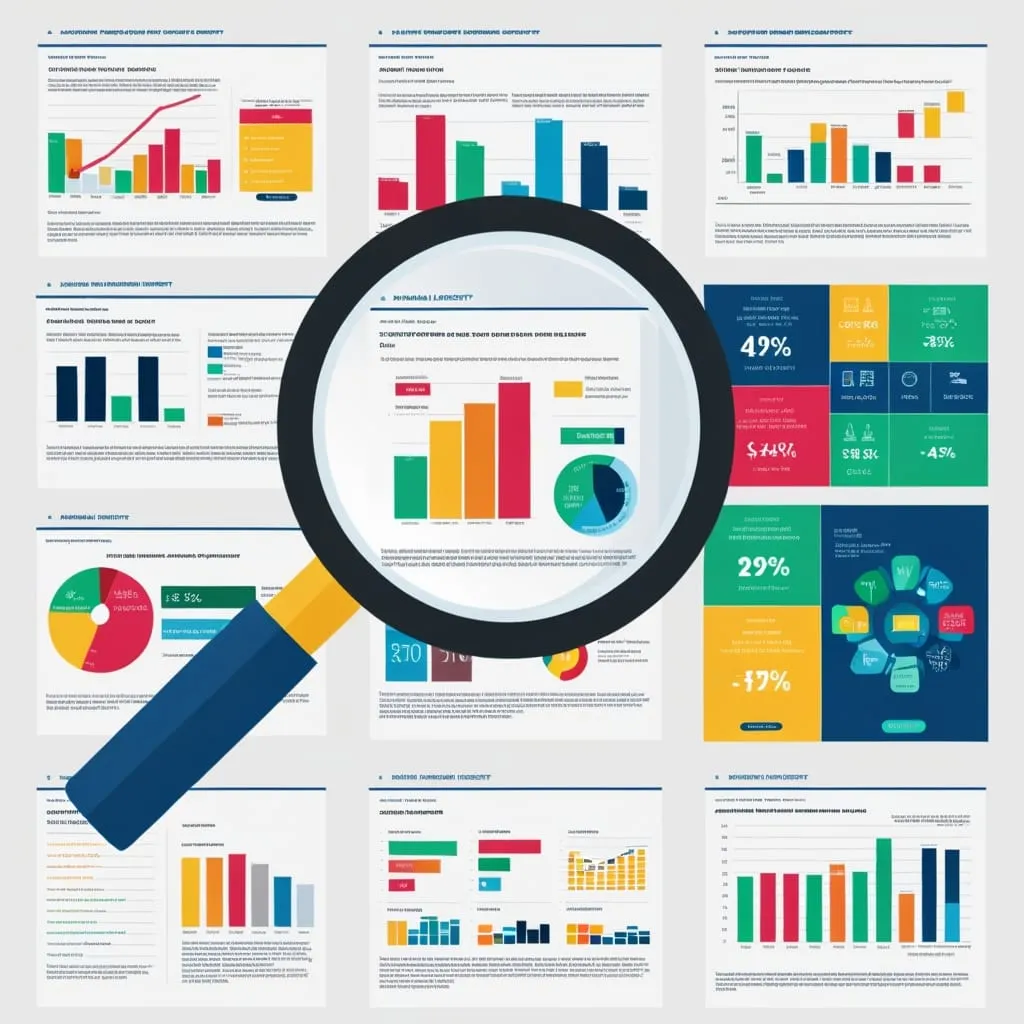Investing in Emerging Markets: The Opportunity for Explosive Growth!
Emerging markets offer high growth potential but come with risks. They're driven by young populations, innovation, and economic development. Diversification and long-term perspective are key for investors seeking explosive returns in these dynamic economies.

The Factor Investing Guide That Will Transform Your Portfolio!
Factor investing targets specific return drivers in investments, potentially boosting returns while managing risks. It combines factors like size, value, momentum, and volatility to create tailored portfolios suited for various market conditions and personal goals.

Dollar Value Averaging: The Advanced Strategy You Need to Know!
Dollar Cost Averaging and Value Averaging are investment strategies for long-term wealth building. DCA offers simplicity through regular fixed investments, while VA focuses on goal-oriented growth with adjustable contributions.

Why Reading Annual Reports is the Secret Sauce of Successful Investors!
Annual reports are vital for smart investing, offering insights into a company's financial health, future plans, and risks. They provide a comprehensive view beyond just numbers, helping investors make informed decisions.

Why Listening to Music Could Be the Secret to Finishing Work Faster!
Music enhances productivity by improving focus, mood, and creativity. Different genres suit various tasks. Experiment to find your ideal work soundtrack. Science shows music activates brain's reward center, boosting motivation and concentration.

Avoiding High Fees and Expenses: How the Rich Stay Rich!
Wealthy individuals preserve wealth through asset investment, passive income generation, strategic borrowing, and estate planning. They minimize expenses, avoid high fees, and focus on long-term financial growth and education.

How to Use Breaks to Triple Your Work Output!
Regular breaks boost productivity by recharging your brain. Short pauses every 20-30 minutes or using the Pomodoro Technique can improve focus, creativity, and output. It's about working smarter, not harder.

Time Budgeting: The Financial Planner’s Approach to Maximizing Your Day
Time budgeting maximizes productivity by tracking, prioritizing, and allocating time effectively. It involves time blocking, goal setting, and flexibility. Proper planning and focus on high-impact tasks lead to better work-life balance and reduced stress.

Analyzing Financial Statements: The Pro’s Guide to Picking Winning Stocks!
Financial statement analysis unlocks stock market success. Study income statements, balance sheets, and cash flow statements. Use ratios like P/E, PEG, ROE, and debt-to-equity. Combine quantitative and qualitative analysis for comprehensive understanding.

The ‘No-Meetings’ Month Challenge: Can You Reclaim 40 Hours?
No-meetings days boost productivity by creating uninterrupted work time. This practice reduces workplace stress, enhances focus, and improves overall efficiency. Implementing this strategy requires team buy-in and consistent application for optimal results.

The Secret Productivity Hack That Top CEOs Swear By!
Top CEOs prioritize routines, focus time, delegation, and self-care. They plan strategically, automate tasks, and reflect on performance. Productivity is about working smarter, not harder, to achieve more with less stress.


